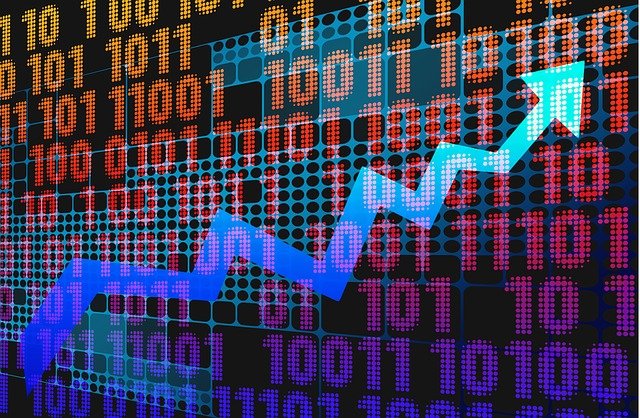Stocks are an important part of the economy. They help people save, invest and make money to live a better life. The stock market is a major source of capital for corporations and individuals. It also helps in providing liquidity to the economy as it creates opportunities for investors to sell their stocks at a higher price.
To understand how stocks help the economy, we need to understand how investing works.
What makes the U.S. Stock Market attractive?
The US stock market is attractive because it has relatively low volatility and high liquidity. The US stock market also has a greater number of companies compared to other markets. The United States is the world’s largest economy and the most attractive stock market for investors.
The U.S. financial markets are the most popular among investors because of their stability and transparency. The country’s biggest advantage is that it has a well-developed infrastructure that allows for easy trading in stocks, bonds, commodities, currencies, etc.
3 ways the Stock Markets affect the Economy
A stock market is a place where people can invest in companies and have a chance at making a profit. The stock market affects the economy in three ways:
Small investors can invest in the economy
The stock market is a way to invest in the economy by allowing small investors to buy shares. The stock market allows investors to buy shares of companies and gain profits when the company does well. This is a way for small investors to have a chance at becoming wealthy and investing in the economy.
The importance of the market is that it allows small investors to invest in the economy by buying shares of companies. The importance of this investment is that it allows small businesses to grow and thrive, which creates more jobs and promotes economic growth.
The stock market helps savers beat the market
The stock markets affect the economy by helping savers beat inflation. The stock market is a way for investors to make money by investing in companies.
The stock market also affects the economy because it helps people save more money and invest in companies that are doing well. This allows companies to grow and create new jobs.
It is an important driving force in the economy. It helps savers beat inflation and provides a way for people to invest in the future.
It has seen a 7% increase on average each year over the last century after taking inflation into account. This means that when you buy stocks, you are compensated for your additional investment and can make a profit if they rise in value.
The market has been around for centuries and has changed significantly over time. It began as primitive trading between farmers and traders who would barter goods for goods or currency for currency, but eventually, it evolved into what we know today with its own set of rules, regulations, and laws.
Helps businesses fund their growth
The stock markets affect the economy by helping businesses fund growth.
The stock market is a collection of securities that represent ownership of companies and other entities, such as governments. The stock markets are where companies raise capital, where new issues are offered for sale, and where securities are traded.
It is is a vital part of the global economy because it helps businesses fund growth through mergers and acquisitions, investments in new products or services, and funding for research and development.
Conclusion
In the United States, stocks are seen as a way to invest in the future and make money while doing so. The stock market is also a source of capital that helps companies grow and expand.
It has been on a roller coaster ride over the past few years with some ups and downs, but overall it has been very profitable for investors.
And it is one of the most important economic sectors. It plays a crucial role in the economy and is one of the most important financial tools.




Comments are closed.